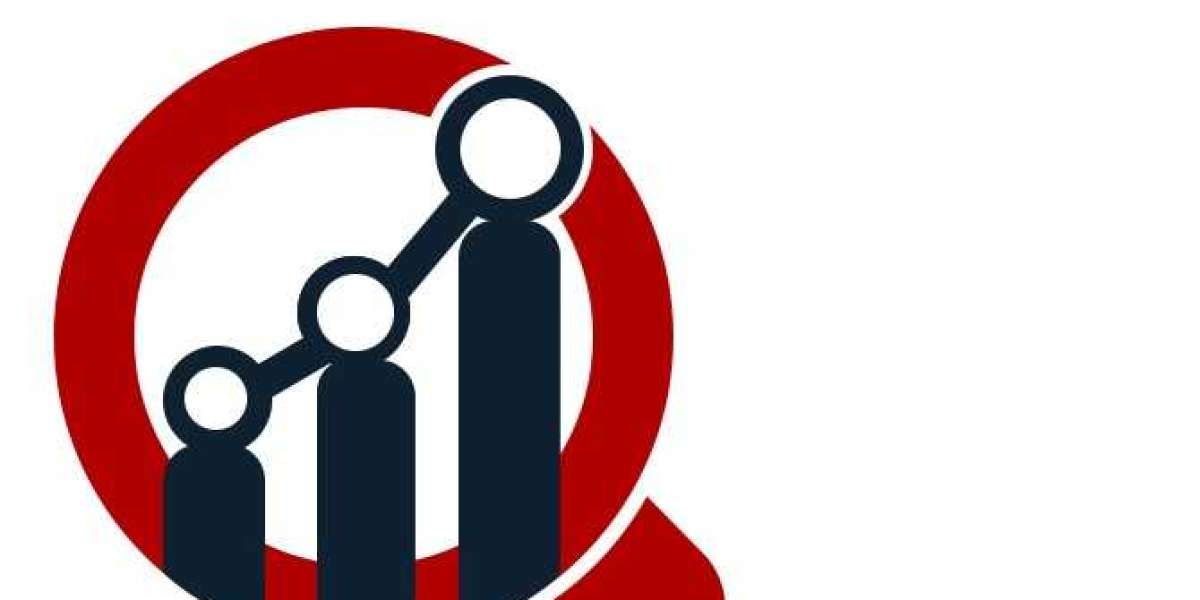Unlock the Secrets of Your Pregnancy Journey: Discover How Far Along You Really Are!
Understanding how far along you are in your pregnancy journey is vital for both your health and that of your baby. Expectant mothers often find themselves asking questions like, "How do I know how many weeks pregnant I am?" These questions stem from concerns about prenatal care, preparing for the baby, and ensuring a healthy pregnancy. Knowing your gestational age helps you track important milestones, anticipate changes in your body, and make informed decisions about your healthcare. Whether you are curious about your due date or want to monitor your baby's development, understanding your pregnancy timeline is crucial for a smooth journey ahead.

Understanding Gestational Age
Gestational age refers to the length of time that has passed since the first day of your last menstrual period (LMP) and is typically measured in weeks. It is a crucial metric used by healthcare providers to gauge fetal development and plan necessary medical care. Many people confuse gestational age with fetal age; however, the former includes the time before conception. Fetal age begins at the point of conception and is approximately two weeks shorter than gestational age. This distinction is essential for understanding how far along you are and what to expect during each stage of your pregnancy.
Methods to Determine How Far Along You Are
There are several reliable methods to estimate your gestational age, each with its own significance:
Last Menstrual Period (LMP)
The most common method to determine how far along you are is by tracking your Last Menstrual Period (LMP). This method assumes that you have a regular menstrual cycle and that you ovulate about two weeks after your last period. By counting the weeks from the LMP, healthcare providers can calculate your estimated due date and monitor your pregnancy progress. For many women, this method provides a straightforward way to understand their gestational age, though it may not be as accurate for those with irregular cycles.
Ultrasound Measurements
Ultrasound measurements offer a more precise method of determining gestational age. During an ultrasound, technicians measure the size of the fetus, which can provide insights into how far along you are. Ultrasounds can be particularly helpful in the first trimester, where measurements of the embryo can accurately estimate gestational age within a few days. This method is often considered more reliable than LMP, especially for women with irregular cycles or those unsure of their last menstrual date.
Home Pregnancy Tests
Home pregnancy tests are a crucial first step in confirming pregnancy, but they don’t directly indicate how far along you are. These tests detect the hormone hCG in your urine, signaling that you are pregnant. While they can confirm pregnancy, understanding how many weeks pregnant you are requires further methods, such as consulting with a healthcare provider for LMP tracking or ultrasound assessments.
Tracking Your Pregnancy Progress
Tracking your pregnancy progress is essential for both emotional and physical well-being. As you move through each week, expect to experience various milestones. The first trimester is often marked by fatigue and morning sickness, while the second trimester may bring a newfound energy and the exciting moment of feeling your baby’s first kicks. The third trimester can be challenging as your body prepares for labor. Understanding these milestones not only helps you anticipate changes but also allows you to prepare for each upcoming phase, making your pregnancy experience more enjoyable and less stressful.
Common Questions About Pregnancy Weeks
Many expectant mothers have common questions about pregnancy duration, such as how long a typical pregnancy lasts and what factors can influence gestational age calculations. A full-term pregnancy is generally around 40 weeks, but it can range from 37 to 42 weeks. Factors like cycle length, ovulation timing, and even medical conditions can affect how gestational age is calculated. Engaging with healthcare professionals can provide clarity and reassurance regarding any uncertainties you may have.
Overview of Key Points
In summary, understanding your gestational age is an essential aspect of navigating your pregnancy. By utilizing methods like tracking your Last Menstrual Period, undergoing ultrasounds, and engaging with healthcare providers, you can accurately determine how far along you are. This knowledge empowers you to prepare for your baby's arrival and to stay informed about your health throughout your journey. Remember, regular check-ups and an open dialogue with your healthcare team are key to a healthy and informed pregnancy experience.



